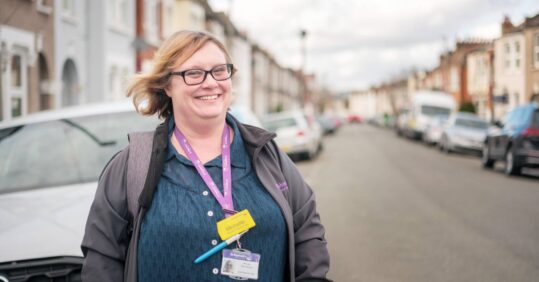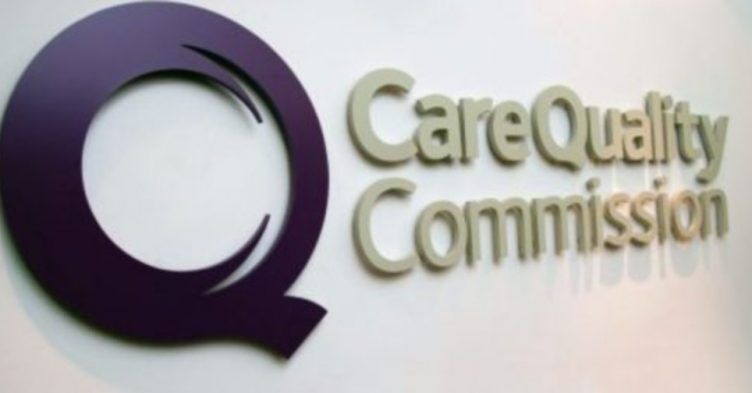A charity-run hospice has introduced its first ‘Sponsor a Nurse’ campaign in an effort to raise vital funding for the nursing care it provides.
The appeal for donations at St Raphael’s Hospice in London Road, Sutton, comes amid serious concerns over end-of-life care funding and as those at the hospice describe ‘hanging on by our fingernails just trying to keep things going’.
St Raphael’s cares for over 1,000 people and provides free end-of-life care to one in four people in the Merton and Sutton area.
The charity currently spends £6.5m a year providing specialist services in Merton and Sutton, with only 25% of their funding coming from the NHS.
St Raphael’s clinical director, Rebecca Trower, told Nursing in Practice that specialist palliative care is being underfunded, while the need for such care is increasing.
‘We’ve got this growing ageing population with rising numbers of people requiring palliative care, especially specialist palliative care,’ she said.
‘But there is no investment for us to be able to increase our services, or even maintain the services that we are providing now.
‘We feel the NHS should be paying us at least 50% of what it costs us to run, because if we weren’t here it would really impact the NHS.’
St Raphael’s spends a lot of its time and resources educating community nurses, district nurses, GPs and social care staff on the skills and knowledge required in end-of-life care.
‘It’s about supporting people’s symptoms and their wishes, like where they want to die and how their families should be supported,’ Ms Trower explained.
‘Unless we’re educating those services, we’re fundamentally not going to be able to look after people.’
She warned that unless hospice services are sufficiently funded, more end-of-life care will be given in inappropriate hospital and emergency settings, away from the quiet familiarity of patient’s homes.
‘It’s like we’re reaching a crisis that the NHS just isn’t recognising, or certainly the government isn’t recognising,’ she added.
‘We’re letting people know that we can’t rely on coffee mornings and charity shops alone, we need to be properly funded so all the people who are dying in the next five to 10 years have the care they require.’
St Raphael’s nurses play a key role in preparing families for life after their loss, providing financial and emotional support alongside critical care services.
The community nurses support individuals who want to die at home, providing care alongside district nurses and GPs.
Summarising the need for increased funding Ms Trower said: ‘It’s so important that people die in the circumstances they have chosen to, without our community nurses more people will be left on their own and may die on their own.
‘If we had more funding, we’d be able to grow the services we provide, to educate and support more people.
‘At the moment it feels like we’re hanging on by our fingernails just trying to keep things going.’
As part of the hospice’s ‘Sponsor a Nurse’ campaign, the charity is appealing to people to sign up for regular giving or to provide a one-off donation to help support the work of its nurses.
Michelle Brocklehurst, palliative care clinical nurse specialist at St Raphael’s, said: ‘This is a vital appeal for us, as we rely on the generosity of our community to help us carry out the important work we do.
She added: ‘Nurses at St Raphael’s focus on living. We treat the person, not just the illness. By sponsoring a St Raphael’s nurse today, you will help ensure that people live the fullest life they can, until the end.’
The Department for Health and Social Care said: ‘We want everyone to have access to the high-quality, personalised palliative care that can make all the difference at such a challenging time. That’s why we require all local NHS integrated care boards to commission end of life care services to meet their patients’ needs.
‘We have made over £350 million available to hospices since 2020 to secure and increase additional NHS capacity and enable hospital discharge, ensuring hospices can continue to deliver care to those who need it.’






